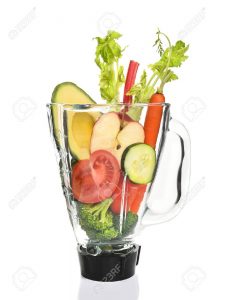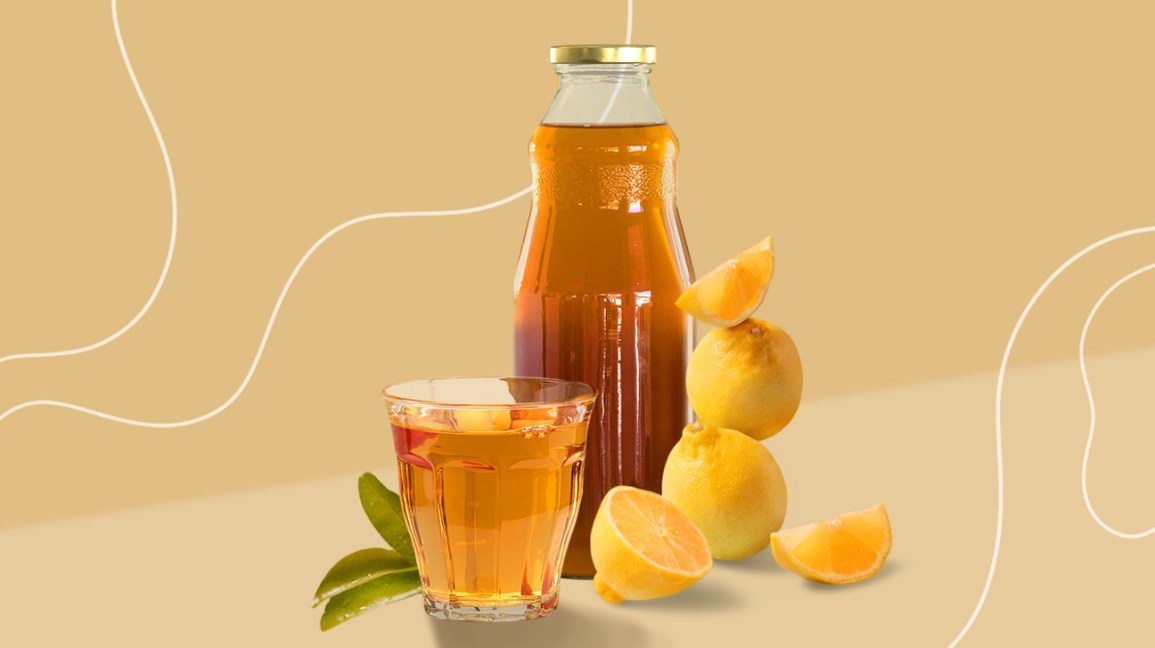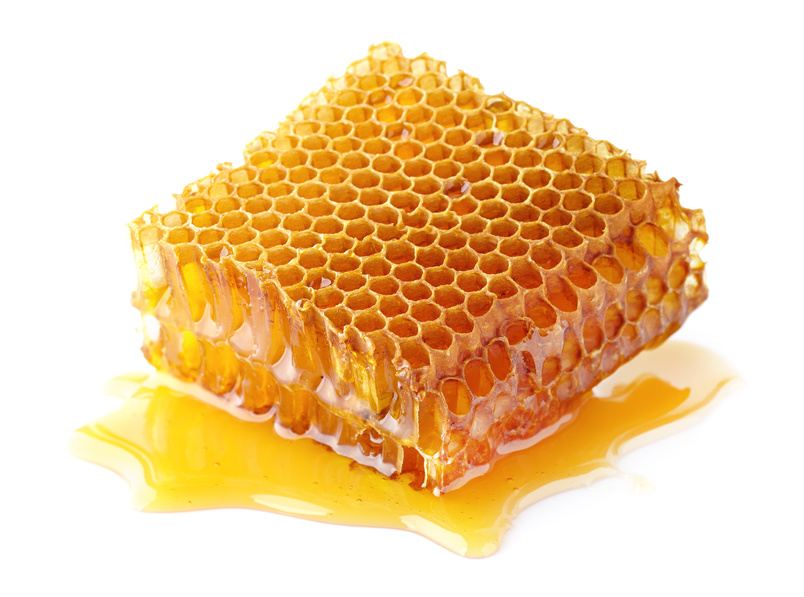Alternative Health Ideas
Let Food Be Thy Medicine and let Medicine be thy food Hippocrates
When we have health concerns we normally start with a trip to the doctor. This is always the best place to start as western medicine has come on in leaps and bounds over the years and many complaints can be resolved with modern drugs and medicines.
However if the health concern is not getting better then we tend to start looking in different areas for help. My first choice is always the internet as you can almost guarantee somebody else somewhere has experienced the same complaint and will have been down the same route of searching for a curative remedy.
I tend to work on the basis that if we go back to our inbuilt intuition and take responsibility for our health with diet, and exercise for mind, body and spirit, this will keep our immune systems healthy and keep us healthy.
Of course at times things go wrong and we end with a health concern that cannot be easily fixed, this is when some of the ideas on this page may be beneficial to you.
I do not give any guarantees with any of the suggestions, it’s your body and as such it’s your responsibility to find and try the healing that’s right for you, but keep an open mind and most of all be positive, intention is our best medicine!



Salt lake Yuncheng, China dates back to at least 6000 BC
Sea Salt
Natural Sea Salt is a dietary mineral composed primarily of sodium chloride that is essential for animal life, but toxic to most land plants.
Human beings have used canning and artificial refrigeration for the preservation of food for approximately the last two hundred years, however, in the millennia before then, salt provided the best-known food preservative, especially for meat.
The harvest of salt from the surface of the salt lake Yuncheng in Shanxi, China dates back to at least 6000 BC, making it one of the oldest verifiable salt works.
Some advocates for sea salt assert that unrefined sea salt is healthier than refined salts. However, completely raw sea salt is bitter because of magnesium and calcium compounds, and thus is rarely eaten. The refined salt industry cites scientific studies saying that raw sea and rock salts do not contain enough iodine salts to prevent iodine deficiency diseases.
Unrefined sea salts are also commonly used as ingredients in bathing additives and cosmetic products. One example are bath salts, which uses sea salt as its main ingredient and combined with other ingredients used for its healing and therapeutic effects.
Sodium is one of the primary electrolytes in the body. All four cationic electrolytes (sodium, potassium, magnesium, and calcium) are available in unrefined salt, as are other vital minerals needed for optimal bodily function. Too much or too little salt in the diet can lead to muscle cramps , dizziness, or even an electrolyte disturbance , which can cause severe, even fatal, neurological problems. Drinking too much water, with insufficient salt intake, puts a person at risk of water intoxication (hypernatremia).Salt is even sometimes used as a health aid, such as in treatment of dysautonomia.
Adding a little sea salt to the bath can stimulate circulation, ease muscle cramps, help relieve stiffness in joints, aid with arthritis or back pain, and soothe achy, overworked legs and feet. Plus sea salt helps cleanse and detoxify the largest organ in the body—your skin
Rock and sea salt is usually referred and sold as Natrum Muriaticum in homeopathy, and purported by followers to be a deep acting and powerful curative when taken over long periods of time.
Dead Sea Salt, the extraordinary chemical composition has made the Dead Sea an ideal spot for people seeking relief from skin and rheumatic disorders, and an equally popular choice for vacationers seeking relaxation. In fact, these soothing miracle-working waters have a reputation that dates back over 2000 years when the Roman historian Flavius noted, “The Dead Sea cannot be praised too highly. Travellers take this salt home because it heals the human body and is therefore used in many medicines.”
Some Sea Salt Uses
In cases of glandular problems causing obesity, for instance, salt baths are very useful, even in cases of hypo function or hyper function of the thyroid. A float tank is a great way to experience the healing and cleansing feeling of salt.
Great article on float tanks click here.
The application of dry or wet salt compresses reduces the excess liquid present in the tissues.
For relief of swollen and sore feet, immerse them in a basin of warm water with a handful of salt.
To reduce bags under the eyes apply compresses soaked in a teaspoon of salt dissolved in a 4 cups of warm water.
Gargling with some salt and bicarbonate of soda dissolved in water disinfects the mouth, leaving a fresh breath.
The inhalation of salt-water steam through the nose can relieve bothersome cases of phlegm or of inflammation of the respiratory mucosa.
For an all natural peeling, try mixing a cream with honey and salt and massage it gently over the interested parts of the face.
Table Salt
The common table salt is 99.9% sodium chloride. It is obtained from the terrestrial salt deposits which are mined, heat-blasted and chemically treated. Due to these processes, table salt is stripped of all minerals other than sodium and chloride.
Some anti-caking agents are added to table salt to make it free flowing. Although, initially table salt which had just sodium and chlorine as the only minerals was consumed by people, later on, salt manufacturers started adding iodine to it to prevent people from suffering from iodine deficiency diseases.
Although, due to the higher mineral content, sea salt may be considered to be a healthier choice than table salt.
Apple Cider Vinegar
Apple Cider Vinegar, that wonderful old-timers home remedy, cures more ailments than any other folk remedy!
The reported cures from drinking Apple Cider Vinegar are numerous.
They include cures for allergies, sinus infections, acne, high cholesterol, flu, chronic fatigue, Candia acid reflux, sore throats, contact dermatitis, arthritis, and gout.
Research worldwide supports and commends what Hippocrates (the father of medicine) found and treated his patients with apple in 400 B.C.
He discovered that natural, un-distilled apple cider vinegar is a powerful cleansing and healing elixir “a naturally occurring antibiotic and antiseptic that fights germs and bacteria” for a healthier, stronger, longer life!
Give it a try, especially if you suffer with arthritis as this is known to be helpful.
White vinegar is often used as a household cleaning agent. Because it is acidic, it can dissolve mineral deposits from glass, coffee makers and other smooth surfaces. For most uses dilution with water is recommended for safety and to avoid damaging the surfaces being cleaned.
Vinegar is an excellent solvent for cleaning epoxy resin and hardener, even after the epoxy has begun to harden. Malt vinegar sprinkled onto crumpled newspaper is a traditional, and still-popular, method of cleaning grease-smeared windows and mirrors.
Vinegar can be used for polishing brass or bronze.
Recently, vinegar has been marketed as a green solution for many household cleaning problems. For example, vinegar has been cited recently as an eco-friendly urine cleaner for pets and as a weed killer, there are books that detail hundreds of uses for this product too many to list here but hopefully you can do your own research and start to use some of these old fashion products which are cheap and better for our health than most of the modern chemical alternatives that also cost multiples more than vinegar.
Some Vinegar Uses
Vinegar can be used as an herbicide. Acetic acid is not absorbed into root systems, the vinegar will kill top growth, but perennial plants will reshoot.
Remove soap build-up and odours from the dishwasher by pouring a cup of white distilled vinegar inside the empty machine and running it through a whole cycle. Do monthly.
Get rid of lime deposits in a tea kettle by adding 1/2 cup white distilled vinegar to the water and letting it sit overnight. If more drastic action is needed, boil full-strength white distilled vinegar in the kettle a few minutes, let cool and rinse with plain water.
Healing With Honey (Apitherapy)
For at least 2700 years, honey has been used by humans to treat a variety of ailments through topical application, but only recently have the antiseptic and antibacterial properties of honey been chemically explained.
Treatment with honey is called apitherapy, which includes replenishing energy, enhancing physical stamina and improving immune systems. It has distinct germicidal properties and in this respect greatly differs from milk which is an exceptionally good breeding-ground for bacteria.
Wound Gels that contain antibacterial honey and have regulatory approval for wound care are now available to help conventional medicine in the battle against drug resistant strains of bacteria MRSA .
As an antimicrobial agent honey may have the potential for treating a variety of ailments. One New Zealand researcher says a particular type of honey may be useful in treating MRSA infections. Antibacterial properties of honey are the result of the low water activity causing osmosis, hydrogen peroxide effect, and high acidity. Next time you burn or cut yourself and are without a tube of antiseptic give honey a try.
Honey, a most assailable carbohydrate compound, is a singularly acceptable, practical and most effective aliment to generate heat, create and replace energy, and furthermore, to form certain tissues. Honey, besides, supplies the organism with substances for the formation of enzymes and other biological ferments to promote oxidation.
Honey is a most valuable food, which today is not sufficiently appreciated.
Some Honey Uses
Honey applied over burns cools, removes pain and aids fast healing. A salve and antibiotic, bacteria?s cannot exist in honey.
Wounds such as cuts, grazes, scrape when covered with honey and bandage is an excellent healer.
Heart patients are advised to replace white sugar with honey that has natural fructose and glucose.
Honey is good food preservative. While baking cakes by replacing sugar with honey, they will stay fresher longer due to natural antibiotics as honey retains moisture.
It is very useful in urinary tract disorders, worm infestations, bronchial asthma, cough, diarrhoea and nausea, vomiting.
Consuming one spoon of honey daily may help us to lead a healthy long life.
CASE STUDY
Colloidal Silver
Hippocrates the “father of medicine”, wrote that silver had beneficial healing and anti-disease properties. In the early 1900s, silver gained regulatory approval as an antimicrobial agent. Prior to the introduction of antibiotics, colloidal silver was used as a germicide and disinfectant. With the introduction of antibiotics in the 1940s, the use of silver as an antimicrobial agent diminished.
As a result, colloidal silver was replaced by other, more effective silver compounds.
Historical applications
Silver has had some medicinal uses going back for centuries. Physicians used it as an eye drop for ophthalmic problems, for various infections, and sometimes internally for diseases such as tropical spruce, epilepsy, gonorrhoea, and the common cold. In the 1940s, however, the medical use of silver diminished, due to both the development of safe and effective modern antibiotics and concern about argyria and other side-effects of silver products.
Colloidal Silver may well be worth looking into if you are suffering from health concerns but remember to do your own research if you wish to give it a try, you can make it yourself very cheaply at home, take a look at YouTube for examples.
Urine Therapy
The term urine therapy (also urotherapy , urinotherapy or uropathy ) refers to various applications of human urine for medicinal or cosmetic purposes, including drinking of one’s own urine and massaging one’s skin with one’s own urine. A practitioner of urine therapy is sometimes called an uropath.
Promoters of urine therapy believe urine to have many preventative and curative powers.
Some cultures have traditionally used urine as a medicine, especially India’s, where it is prescribed by the Shivambu Kalpa Vidhi, which (among other uses and prescriptions) suggests massaging one’s skin with aged, concentrated urine. In traditional Tibetan medicine, examination of the patient’s urine is one of the main sources of information for a diagnosis.
Urine’s main constituents are water and urea.
However, it contains small quantities of many hormones and metabolites, including corticosteroids.
Urea has been claimed by some doctors to have an anti-cancer effect.
In addition, the other chemicals in urine might have some effect if ingested.
In 1997, Joseph Eldor, of the Theoretical Medicine Institute in Jerusalem, published a paper suggesting that because diseased cells release antigens which appear in the urine, oral auto-urotherapy could spur the intestinal lymphatic system to produce antibodies against these antigens.